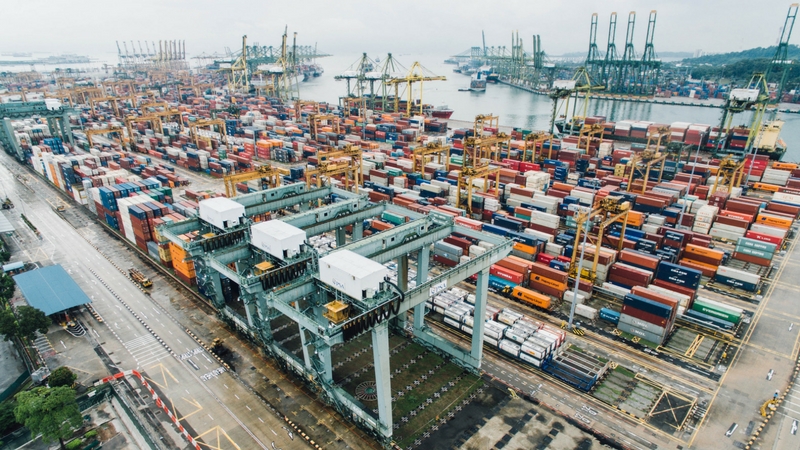The Benefits of Trade
Episode #5 of the course Fundamentals of economics by Dr. Michael McDonald
We previously focused on how individual consumers and firms behave in the economy. That’s a common starting point in economics: We need to understand why people make specific buying decisions. Today, we’ll move on and understand how countries and whole economies behave and in particular, how countries trade with one another.
Trade and the Economy
The concept of trade is one of the bedrock concepts in economics. Today, we tend to think of trade as being between different countries and it can be very controversial, but for economists, trade is almost universally regarded in a positive light.
To begin with, economists think of trading in its simplest form as being between two different people. Perhaps I’m good at growing food and you’re good at sewing clothing. In this scenario, rather than each of us spending time both growing food and making clothes, it makes sense for me to specialize in producing food and for you to focus on making clothes. Then we can trade with one another.
The same concept applies not only to individual people but also to groups or people, whether we’re talking about cities versus the surrounding countryside, different states or regions within a country, or of course, different countries.
Much of the modern world is shaped by the concept of trade. The Swiss, for example, are famous for making watches and chocolate, while the Italians are known for sports cars and suits. Broadly speaking, there are obvious opportunities for the two countries to trade with one another.
Is Trading Always Beneficial?
Where trade often becomes controversial or confusing to the layman is when we think about trading between groups with different levels of technology. However, it is an economic fact that in the long run, trade between two parties always makes both parties at least as well off as they were before. That is, over a long period of time, no one is ever worse off because of trade.
Let’s start by imagining two people trading services with one another. Perhaps I want to trade food I grow for clothing that you sew. If you are bad at growing food, then the trade makes immediate sense. However, even if you are good at growing food, the trade may still make sense.
The key is a concept called comparative advantage. Basically, if you are better than me at growing food and making clothing, than you should focus on doing whatever you are best at, and let me focus on doing whatever you are not quite as good at. If you can grow ten bags of food per day or make 20 sets of clothing per day, then you should focus on making clothes (assuming one set of clothes is worth one bag of food).
So, I will focus on growing food. Even if I am not as good at it as you are and I can only produce two bags of food per day, you will still be better off having me work on whatever task you’re less adept at. In this case, we’ll say that you have an absolute advantage at both growing food and making clothes, but you have a comparative advantage at making clothes. This concept is why janitors have jobs even if executives are just as good at pushing a broom around.
Tomorrow, we will look at how countries succeed and help their citizens by generating economic growth, and we’ll examine a startling fact about historical economic growth rates.
Recommended book
The Undercover Economist by Tim Harford
Share with friends

